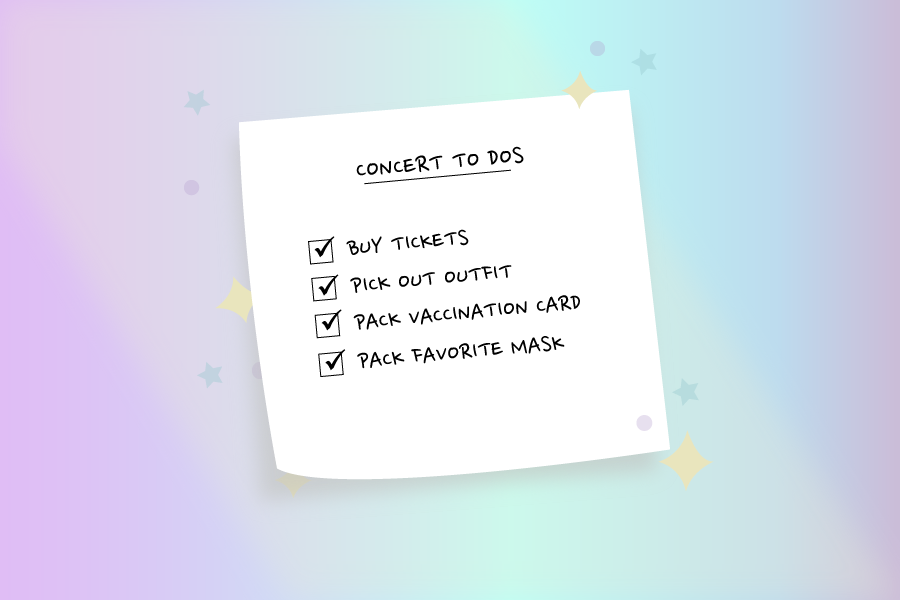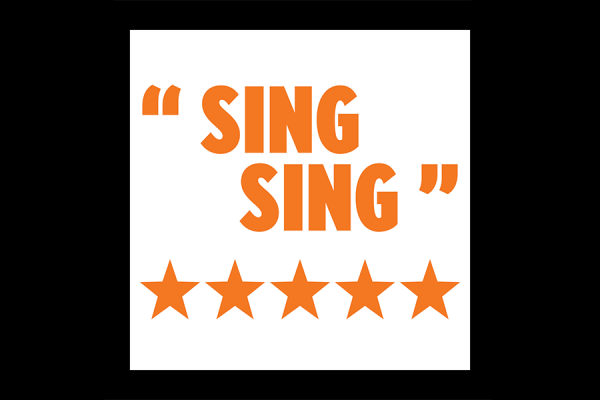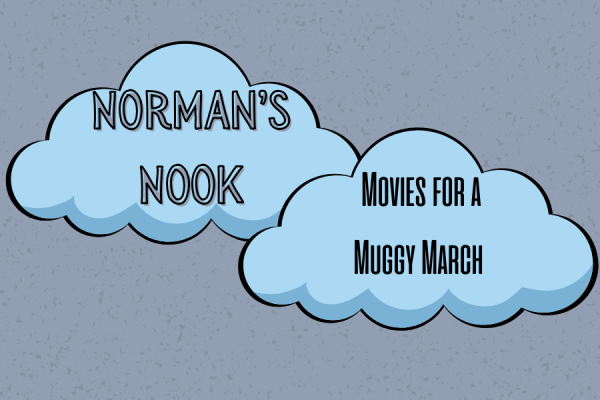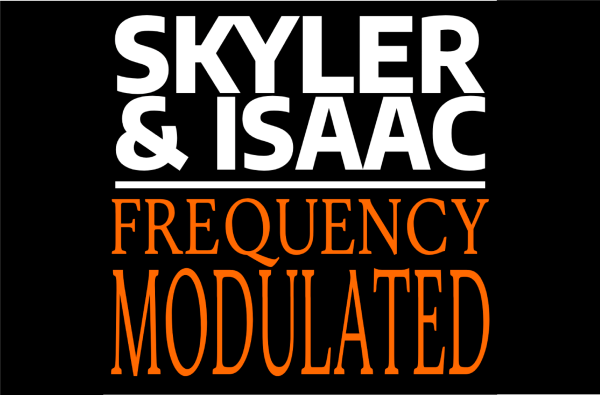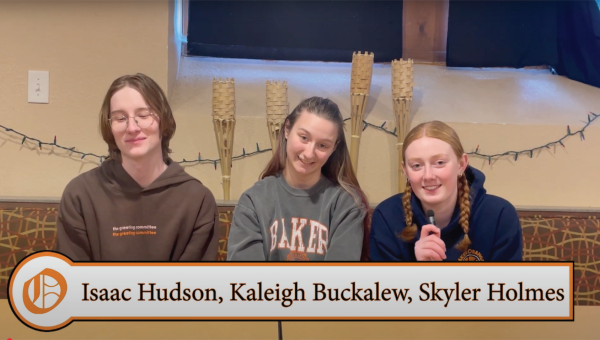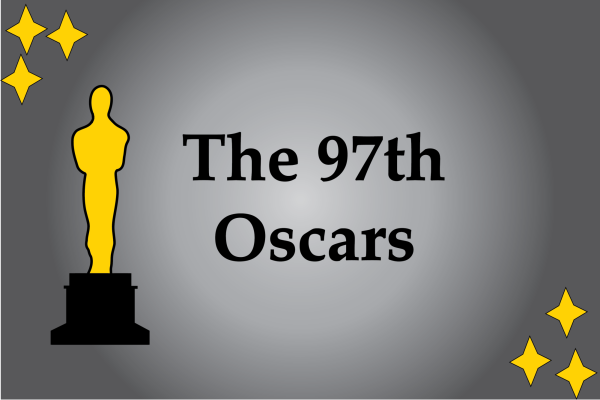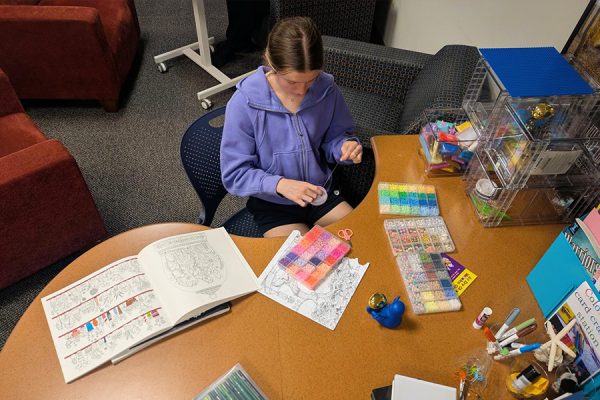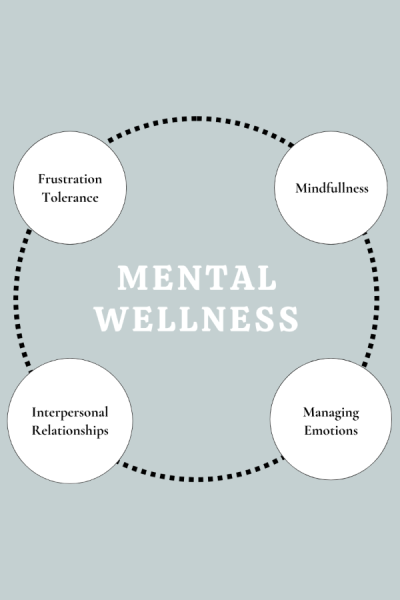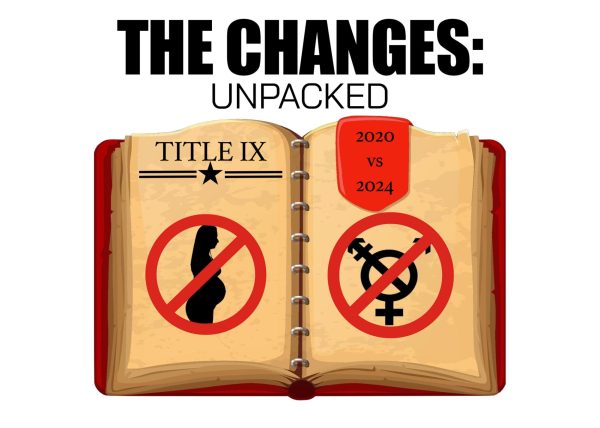The impact of COVID-19 on the concert experience
With concerts going back, specific guidelines are set in place to protect against COVID-19.
Before the pandemic, concert attendees were concerned about finding seats, locating the nearest bathroom and leaving in time to beat the post-concert traffic. Just like many other aspects of the normal world, COVID-19 has changed protocols for concert-goers even a year and a half after the initial shutdown.
In order to reopen safely, most venues have adapted their requirements for entry. This includes showing proof of vaccination, wearing a mask, social distancing and contactless entry methods. The state the venue resides in can also determine protocols. Some states, like California, enforce stricter procedures. In California, venues can accept proof of a single vaccine dose, but by Nov. 4, they will only allow people with both doses. Meanwhile in Kansas, depending on the venue, some indoor venues require a proof of vaccination status and others enforce a mask mandate.
Safety procedures implemented at concerts are often required by the venue but can also be required by the performer. Many bands and artists require fans to show proof of their vaccination status upon arrival. Major artists like Harry Styles postponed 2020 tour dates due to the virus and had fans eagerly awaiting his return to the stage. According to Billboard, Styles is just one of many artists who require proof of vaccination, or recent negative test, and a mask at each of his shows. He opened his concert in Washington D.C. with a prerecorded message thanking attendees for being vaccinated against or testing negative for COVID-19.
Within the last month, Senior Zoie Counts attended Styles’ concert in St. Louis, where these safety measures were in full swing. Styles and his crew decided on COVID-19 protocols prior to the relaunch of the tour in order to best protect the health and safety of the crew and fans.
“I had to show proof of vaccination status and my ID in order to get into the concert and if you didn’t have that, you didn’t get in,” Counts said. “I felt safe, but I also was just excited to finally see Harry Styles after a year of the show being postponed.”
Although concerts are making their way back into the social sphere, there have been concerns and uncertainty surrounding the safety of these events. Some epidemiologists estimate that 70% of the worldwide population would need to be vaccinated against COVID-19 to establish herd immunity against the disease. As of Nov. 1, the vaccination status for the state of Kansas is at 53%.
“I was pretty sad when concerts weren’t happening anymore,” Sophomore Zain Kahn said. “But I was happy that they weren’t because, as we see in large events, we see for these to be super-spreaders which perpetuates the problem.”
During the pandemic, the term “super spreaders” has referred to large events where unmasked people gather, leading the number of COVID-19 cases to rise. On Aug. 7, Garth Brooks came to Kansas City to perform at Arrowhead Stadium, despite the rising case numbers in the midwest. The average daily cases in Kansas on that day were up to 813, while the 7-day week average was 406. Arrowhead Stadium’s protocols state that masks are required indoors but not in outdoor settings. After his stop in Kansas City, he chose to cancel five of his concerts because of the ongoing struggle with COVID-19 and the new surge brought about by the delta variant.
While some artists have chosen to continue with modified event protocol, others are canceling shows out of disagreement with the guidelines. On Oct. 20, Travis Tritt canceled four shows of his 2021 fall tour due to the venues’ COVID-19 policies. Tritt told his fans that he would not perform in any city or venue that requires concertgoers to wear masks, provide a negative COVID-19 test or show proof of a vaccine. Tritt announced on his website that any venue or promoter mandating masks, requiring vaccinations, or pushing COVID testing protocols will not be tolerated.
“I have been extremely vocal against mask mandates from the beginning and that is a sacrifice I am willing to make stand up for the freedoms that generations of Americans have enjoyed for this entire lifetime,” Tritt told Newsweek.
Although concerts have returned, many are unsure of how it will impact the pandemic long-term.
“I probably won’t attend a concert anytime in the foreseeable future because of following the CDC recommendations,” said Kahn. “Hopefully in the future when things are normal, I will get to go to one again.”
Check out the CDC website for more information about COVID-19 policies and recommendations.
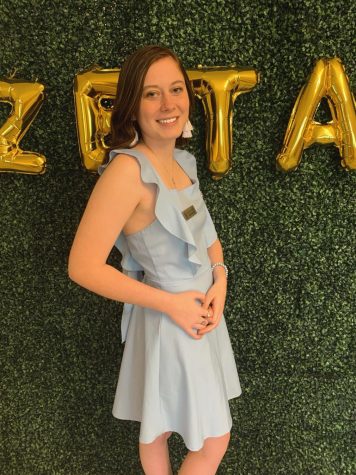
Marissa Schimke is a senior who is majoring in Mass Media with an emphasis in Public Relations with a minor in Business. She is a member of Zeta Tau Alpha...

Rebekah Nelson is a senior from Newton, Kans, majoring in mass media and minoring in studio art. She works as the multimedia editor for The Baker Orange...


